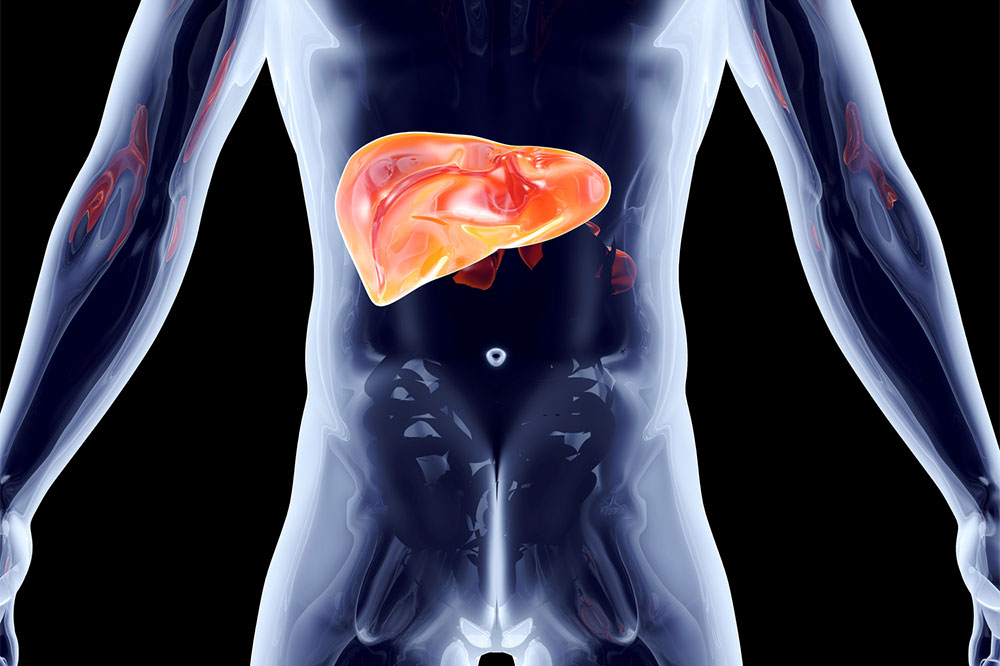Warning signs and causes of myelodysplastic syndromes

Myelodysplastic syndromes (MDS) are a group of rare disorders often categorized as cancer. They occur when the bone marrow does not work properly and produces unhealthy blood cells. Myelodysplastic syndromes are usually observed in people who are 65 years or older, but a younger person may also be diagnosed with it in rare cases. Here are some of the most common warning signs and causes of the condition one should know.
Warning signs of myelodysplastic syndromes
The disorder usually does not trigger any symptoms in the early stages, so most people are diagnosed much later. Besides, myelodysplastic syndromes typically cause low counts of blood cells. As a result, some people find out only after a routine blood test. However, having a low blood count or anemia does not necessarily mean a person has the disorder, so one should show the reports to a doctor.
Almost all warning signs of myelodysplastic syndromes are similar to those of other less severe health disorders. Therefore, seeking expert advice is important for correct diagnosis whenever any of the signs are observed.
Dyspnea
A person may start to experience dyspnea or breathlessness, even without doing any physically straining activity or work.
Fatigue
A low blood cell count may cause oxygen levels to drop, leading to a persistent feeling of tiredness. The constant fatigue may not go away even after taking rest.
Pale skin
The skin may become paler than usual. The inside of the nose, mouth, and inner eyelids could also show signs of color loss.
Frequent bruising
A person may start to bruise and bleed more often than usual. When one bleeds, it may take longer for the blood to clot.
Spots on the skin
Pinpoint-sized spots may develop all over the skin, usually known as petechiae. The tiny spots are caused due to bleeding under the skin.
Frequent infections
The person may become highly prone to frequent fevers and infections.
Causes of myelodysplastic syndromes
The bone marrow makes healthy blood cells that mature and grow over time. However, myelodysplastic syndromes disrupt this process, and the blood cells do not develop normally. Instead, they start to die as soon as they are formed in the bone marrow or after entering the bloodstream. Because of this, the number of immature and defective cells becomes higher than the number of healthy ones. With too few healthy blood cells, symptoms similar to those caused by anemia start to show up.
Most types of myelodysplastic syndromes do not have any known cause. However, certain factors can increase the risk:
Cancer treatments
Experts say the condition may sometimes arise as a side effect of certain cancer treatments, such as chemotherapy and radiation.
Older age
Those above the age of 60 years are generally observed to be at higher risk.
Exposure to certain chemicals
Prolonged exposure to certain chemicals, such as benzene, can also increase the risk. Hence, people who perform jobs that require them to handle such chemicals for long hours should see a doctor as soon as the symptoms develop and exercise caution at the workplace.






